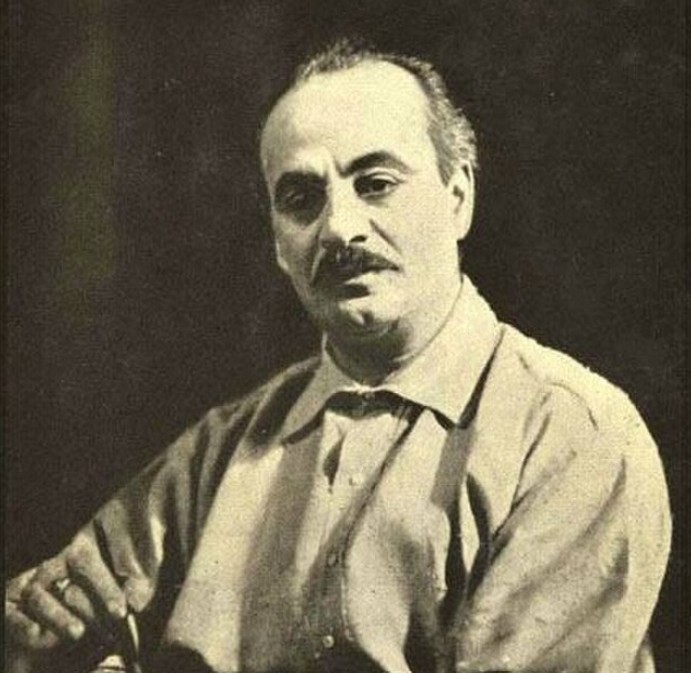Poetic Expression of the Palestinian American Struggle

By Rena Elhessen / Arab America Contributing Author
For centuries, poetry has served as a vessel for expressing pain, resilience, and defiance. Among Arab Americans, poetic expression has challenged oppression, advocated for justice, and preserved identity in a world of diaspora. Historically, Arab American poets have used their craft to speak against injustices such as colonialism, racism, and war. Today, in the wake of Israel’s renewed war on Gaza, Palestinian American poets are using poetry to resist. The heightened awareness of the violence of the conflict by social media has revolutionized how this artistic expression is wielded, as Palestinian American poets express an urgency and intensity unseen before. These Arab Americans are using their poetic words to advocate against injustice and reshape the diaspora of being an Arab American.
The poetic resistance

Arab American poetry has always been deeply intertwined with political resistance. Poets such as Khalil Gibran and May Ziadeh used their words to address displacement, exile, and identity issues. Their verses carried themes of sorrow and resilience, reflecting the experiences of Arab immigrants and their descendants in the United States. While these poets spoke powerfully against injustice, their tones were often subtle, melancholic, and layered with metaphor.
However, the tone of Arab American poetry has undergone a radical transformation in recent years. With the ongoing and escalating Israeli war on Gaza and the invasion of the West Bank, Palestinian American poets are adopting a more aggressive and unfiltered approach to expressing anti-colonial ideas in their work.
Poetic expression changes shape through social media
Social Media has revolutionized how information is shared and has shown the world the atrocities and injustices committed worldwide. As the world continues to witness the seemingly never-ending Israeli war on Gaza, the immediacy has given rise to a new wave of Palestinian American poets who do not shy away from confrontation. Their poetry is direct, brutal, and unyielding, reflecting the anger and heartbreak of a people witnessing the destruction of their homeland in real time.
For some notable Arab American poets, poetry has become more than expression; it is a call for action. Their verses call for resistance, demand accountability, and find a space to explore Arab American diaspora.
Emerging Palestinian American poets to watch
Noor Hindi
Among emerging poets to follow is Palestinian-American poet Noor Hindi. Her work embodies the deep frustration of Palestinian Americans who must watch their homeland be torn apart from afar. She channels this anger into her work, taking on an unapologetic and searing tone. As an Arab American, Noor writes of the diaspora of being forced to witness the devastation of her homeland from the security of America. Noor Hindi’s poetry not only articulates rage but also captures the resilience of the Palestinian people.
Her most notable works include vulgar titles, such as Fuck Your Lecture on Craft, My People Are Dying. Where her anger and frustration are felt as she explores Arab-American identity as a child of diaspora. She focuses on how social media and television contribute to her prolonged sense of displacement in America. By emphasizing the role of Al-Jazeera and the constant need to watch, she expresses the feeling of diaspora and guilt experience by Arab Americans alike. Her work has also been featured in “We Call to the Eye & the Night”, a collection of love poems by writers of Arab descent.
Zeina Azzam
Among the Palestinian American voices taking a stand is Zeina Azzam. Of the most impactful pieces written, “Write My Name” stands out. Told from the perspective of a child in times of war. The concept for this piece arose from the news and media, attributed to the mass spread of information. The epigraph of this work came from a CNN report, which wrote about children’s names being written on their legs in times of war. This became a way of identifying them, rather than becoming a number should they be killed.
The raw emotion of this piece caused the poem to go viral, and it was translated into six languages. Though this poem causes heartbreak, it also forces readers to face the reality of the ongoing violence. It also places them in the perspective of a child caught in the midst of this crisis.
Tariq Luthun
Another emerging name to watch is Palestinian American Tariq Luthun. Raised in Dearborn, Michigan to Gazan parents, Tariq explores the struggle of finding an Arab American identity. In his first collection of poetry, How the Water Holds Me covers such topics as diaspora and displacement. His work embodies the feeling of not belonging shared among younger generations of Arab Americans.
Tariq’s dedication to community work allows him to combine his love of poetry to uplift his community. As a former volunteer at C.S. Mott Children’s Hospital, he was able to plan and write a poem and project with the hospital’s help. This project won an Emmy award in the state of Michigan. Tariq continues to help his community while uplifting Palestinian American hope and spirit.
Want more articles like this? Sign up for our e-newsletter!
Check out our blog here!









